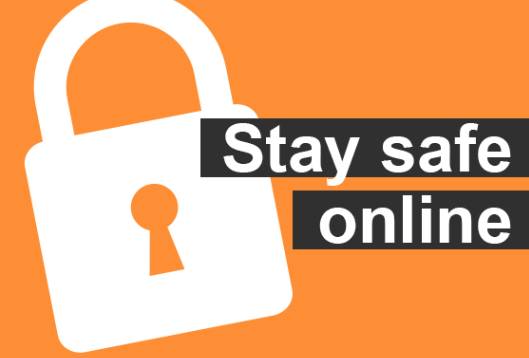
In today’s hyper-connected world, online security is more critical than ever. With cyber threats evolving daily, it’s essential to stay vigilant and adopt best practices to safeguard your personal information, devices, and online activities. Here’s how you can enhance your digital security.
1. Use Strong, Unique Passwords
Your passwords are the first line of defense. Use a combination of upper and lowercase letters, numbers, and special characters to create a strong password. Avoid using easily guessable information like your name or birthdate. Better yet, use a password manager to generate and store unique passwords for each of your accounts.
2. Enable Two-Factor Authentication (2FA)
Two-factor authentication adds an extra layer of security by requiring a second form of verification, such as a code sent to your phone or generated by an authenticator app. Even if your password is compromised, 2FA can prevent unauthorized access.
3. Keep Your Software Up to Date
Outdated software can contain vulnerabilities that cybercriminals exploit. Regularly update your operating system, browsers, and apps to ensure they have the latest security patches.
4. Be Cautious of Phishing Attempts
Phishing scams trick you into sharing sensitive information, like passwords or credit card numbers. Be wary of unsolicited emails or messages, especially those asking you to click on a link or provide personal information. Always verify the sender’s authenticity.
5. Use Secure Networks
Avoid using public Wi-Fi for sensitive transactions like online banking. If you must use public Wi-Fi, ensure your connection is encrypted by using a Virtual Private Network (VPN).
6. Regularly Monitor Your Accounts
Check your bank statements, credit card activity, and online accounts regularly for unauthorized transactions or changes. Early detection can prevent small issues from becoming major problems.
7. Back Up Your Data
Protect your data from ransomware attacks or hardware failures by regularly backing it up. Use a combination of cloud storage and physical backups to ensure your information is secure and retrievable.
8. Educate Yourself and Your Family
Cybersecurity isn’t just for IT professionals. Stay informed about current online threats and educate those around you, especially children and elderly family members, about staying safe online.
Conclusion
Staying secure online requires a proactive approach. By adopting these strategies and staying informed, you can significantly reduce the risk of falling victim to cyber threats. Remember, your online safety is in your hands—take the time to protect it.
Comments are closed